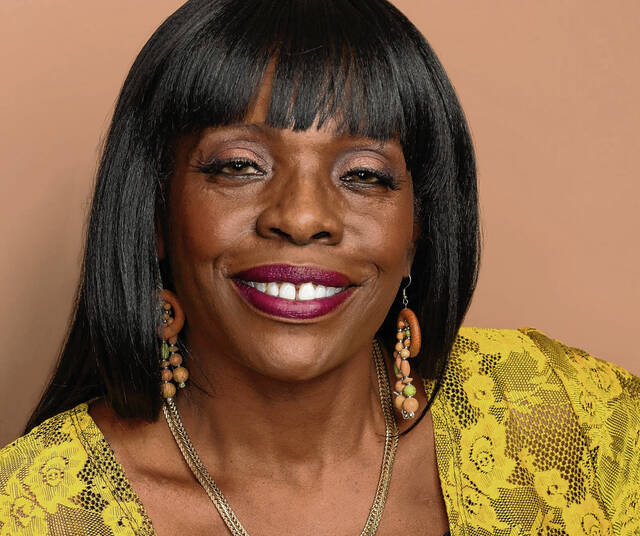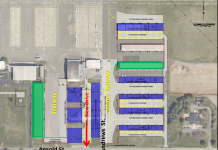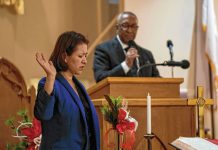
Journalist and author Eunice Trotter will offer tips on collecting family oral histories Feb. 4 during free sessions in Indianapolis.
Pioneering Black journalist and author Eunice Trotter will offer tips on collecting family oral histories and share her personal story of researching Black family history in several different free sessions Feb. 4 in the Underground Gallery at the Harrison Center, 1505 N. Delaware St. in downtown Indianapolis.
Trotter is the author of “Black in Indiana,” which in part resets Hoosier history about slavery. The Indiana Women’s Press Club gave the work a first-place award. The book also placed first in the 2021 Federation of Press Women’s competition.
Trotter’s sessions will be at 6:30, 7:30 and 8:30 p.m. that day. No registration is required.
Trotter came from a pioneer Black family with Indiana roots dating back to the 1790s. She began working at The Indianapolis Recorder during her high school years, and in 1987, she purchased controlling interest in that newspaper — one of the oldest African American newspapers in the country.
She was the first African American to serve in an editor post — assistant city editor — at The Indianapolis Star. She left the Star in 1986, only to return in 2002 and enjoy a second stint until 2011. She also held editing and reporting positions at several other newspapers, including The New York Post, Florida Today, the Palm Beach Post, and the Lafayette Journal and Courier.
Her prolific career includes numerous reporting and writing accolades, including the Indiana Historical Society’s Dorothy Riker Historian Award.
In 2017, she was inducted into the Indiana Journalism Hall of Fame.
The Harrison Center is a nonprofit arts organization that seeks to be a catalyst for renewal in Indianapolis. Founded in 2001, the organization hosts 36 artist studios and eight galleries. It provides programming to foster the creation of new art, build community among artists and emerging patrons, and provide a forum for public conversation.
The center also aims to connect people to what its leaders call “culture, community, and place to strengthen Indianapolis’ core neighborhoods.”
Iinformation: harrisoncenter.org.




